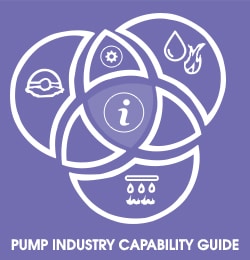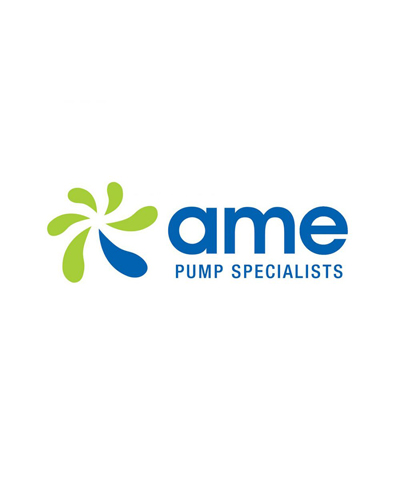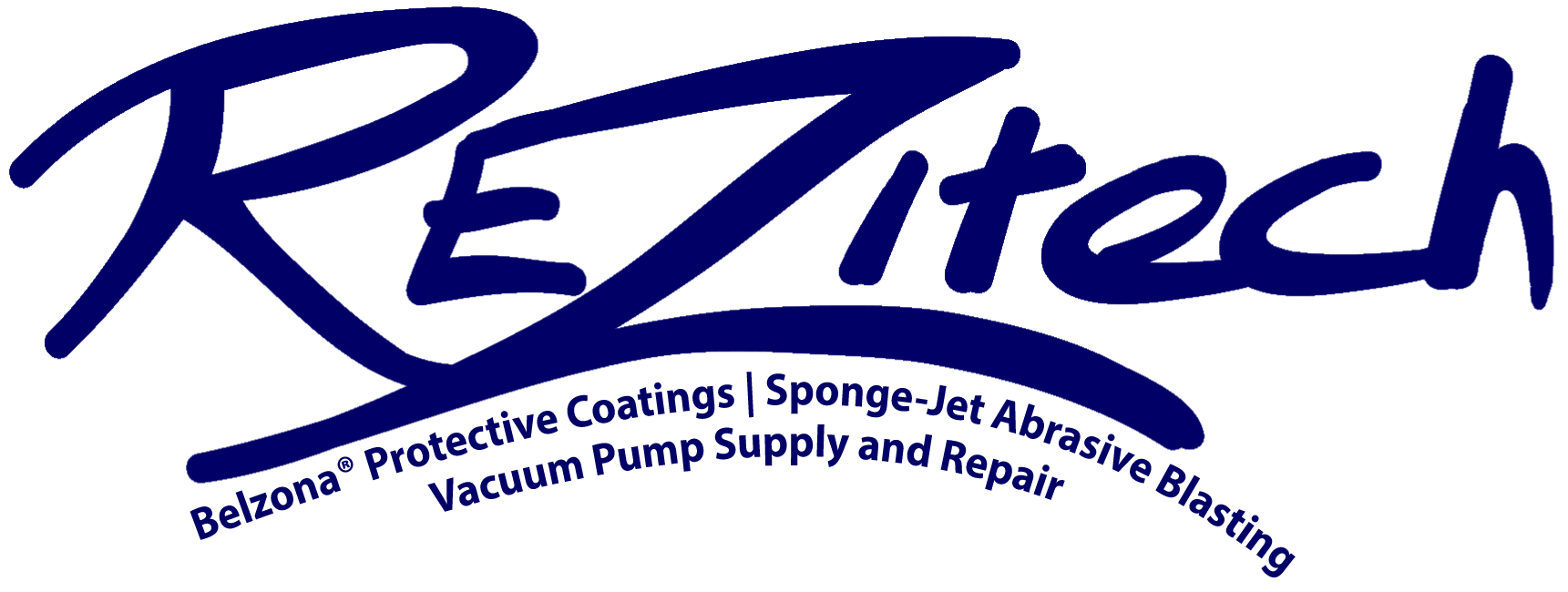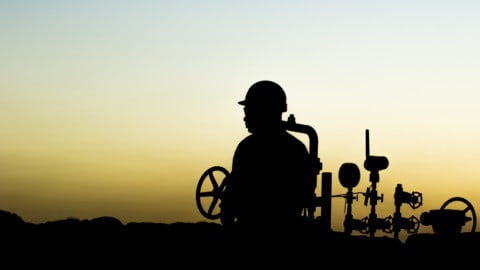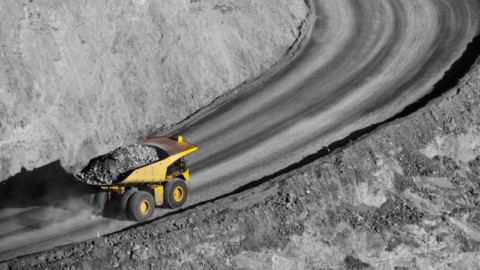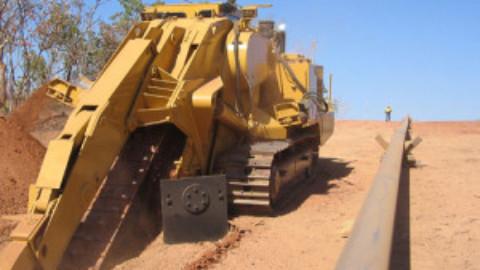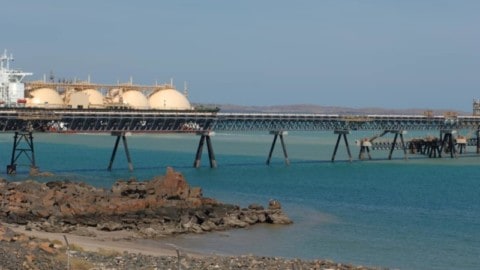Most centrifugal pumps operate with a constant speed along a fixed curve, however in modern process systems there is a requirement for multiple flow conditions to meet process demands.
During start-up, shutdown and abnormal process conditions, system flow can be greatly reduced and flows through centrifugal pumps may fall below the pump’s minimum continuous flow value (MCF).
The pump MCF is the lowest permitted flow rate that the centrifugal pump can handle permanently without:
- damage
- becoming unsafe due to high thrust loads causing high vibrations, overheating and/or cavitation from the increase in NPSHR at lower loads, and
- impacting efficiency
There are four common methods to ensure the required flow rate does not fall below the permissible minimum as stated by the pump’s manufacturer – here are the pros and cons of each:
Continuous bypass system
A bypass with orifice is installed between the pump’s discharge branch and the first shut-off device in the pressure line. The orifice device permanently allows the constant minimum flow to pass to the tank or to the suction line.
| Advantages | Disadvantages |
| Simple and effective | Higher capital costs – pumps and motors are oversized as they are required to pump duty flow and bypass flow |
| Constant loss of flow rate that considerably reduces the efficiency of the pump assembly | |
| The orifice plates can have high wear across them due to high fluid velocity and cavitation across the plate | |
| Based on economic and ecologic aspects, this solution is only acceptable for smaller low-pressure pumps with low minimum flows |
Controlled bypass system
A control valve and instrumentation diverts flow to the bypass only when required. A flow sensor is used to determine low flow which will open the valve using an actuator to control flow back to the suction tank.
| Advantages | Disadvantages |
| A comprehensive and effective solution | Relatively complex as it requires many parts to work together which is both difficult to commission and has a higher chance of failure |
| Only provides bypass flow when required | Highly capital intensive solution that requires flow metering equipment, control and non-return valves |
| Lower energy costs | Higher maintenance cost as all individual components require periodic servicing |
| No reservoir required |
Variable Speed Drive (VSD) control
Pump systems may be controlled by a VSD, allowing for different process conditions.
| Advantages | Disadvantages |
| Precise control of machine output | Requires additional, complex and costly electronics |
| Electronics require cooling and control for the system to work effectively |
The Schroeder Automatic Recirculation Check Valve
The Automatic Recirculation Valve by Schroeder Valves combines the non-return valve, the bypass valve, and the control valve into one unit. The valve closes when there is no flow, automatically opening the bypass line, which is sized for minimum flow.
When the main line takes flow but less than minimum, the bypass line and the main line are both partially open. As the process demand exceeds the minimum flow, the bypass will fully close and all flow through the valve is sent to process.
If the actual process flow rate falls below the required minimum flow, the valve automatically opens the bypass line and the determined flow rate can be discharged through the bypass.
The Schroeder ARC Valve ensures that the entire pump flow rate (process flow plus bypass flow) is always greater than the required minimum flow. In this scenario, the pump is always protected from low flow conditions.
ARC Valves consist of a three-way body with three integrated flange connections that are the interfaces to the pump assembly. Internally there is a guided and spring-loaded valve cone that provides the check function and prevents backflow of the medium through the pump.
The stroke of the check valve is reliable and mechanically operates the bypass lever. The operation of the bypass lever regulates the opening and closing of the bypass branch and consequently the bypass flow.
Compared to the operating pump pressure level, the pressure level in the bypass line is considerably lower (since the bypass line either leads to the tank or the suction line).
The bypass of the valve provides an additional feature of pressure reduction in the bypass line. This pressure reduction feature prevents flashing and cavitation in the bypass line and return tank.
| Advantages | Disadvantages |
| A safer solution for assemblies with larger pumps and higher operating pressures | Changing flow parameters in the future is more difficult |
| Process fluid controlled and do not require any external energy source | |
| Highly reliable, robust and low maintenance | |
| Bypass flow rates are regulated at a permanent minimum | |
| Pump head losses are minimised – the pump assembly’s efficiency remains high, keeping operating costs low | |
| Applicable for almost all liquid mediums where centrifugal pumps are used. The temperature range extends from minus 273°C up to plus 400°C | |
| Simple design and plant-specific installation conditions (i.e. piping connections) are often considered | |
| All Schroeder ARC Valves undergo flow testing after manufacturing to simulate the pump design conditions the valves are designed to protect |

Conclusion
The innovative design of the German engineered ARC valves by Shroeder Valves, ensures they are extremely reliable, low maintenance and exceptionally durable.
With these attributes, ARC valves allow for shorter downtimes and higher system efficiency. Without the need for any auxiliary energy or measuring technology, they guarantee lower system and operating costs.
IndustriTech is the exclusive Australian distributor for Schroeder Valves.
Schroeder Valves is a global specialist in designing and manufacturing pump protection valves. For more than 60 years Schroeder has been producing superior quality automatic recirculation valves for centrifugal pumps.
Around the globe they protect centrifugal pumps in:
- Refineries
- Power plants (also nuclear power plants)
- The LNG sector (Liquified Natural Gas)
- The offshore sector
- The chemical industry
- The processing industry (steel mills [descaling], pulp and paper, sugar mills, distilleries)
- The field of renewable energies
IndustriTech can assist you in accurately identifying the best solution to optimise your plant’s performance, as well as supply a wide range of industrial pumps and compressors, seal supply systems, electric motors, industrial drives, and other industrial process equipment.
This partner content was brought to you by IndustriTech. For more information, click here.



